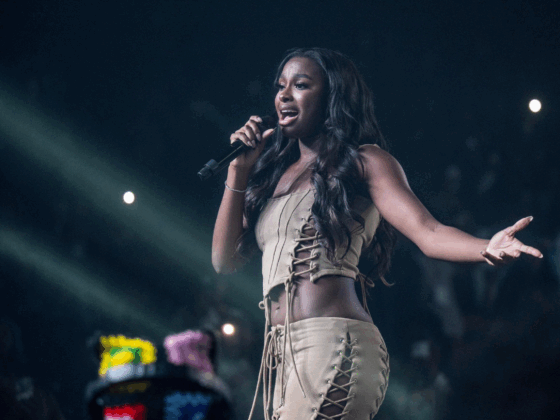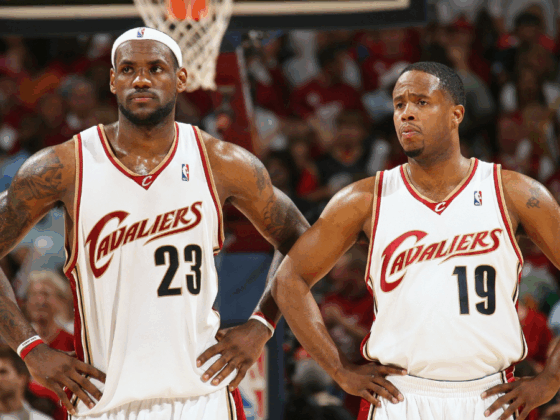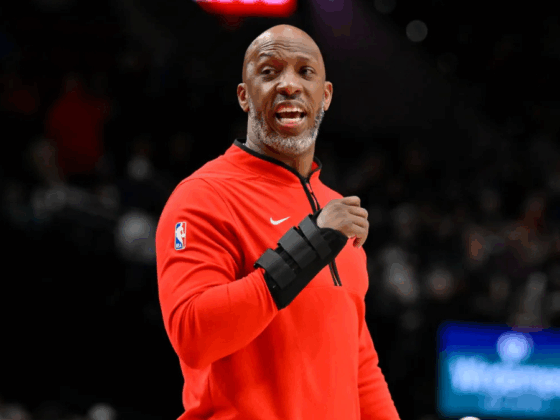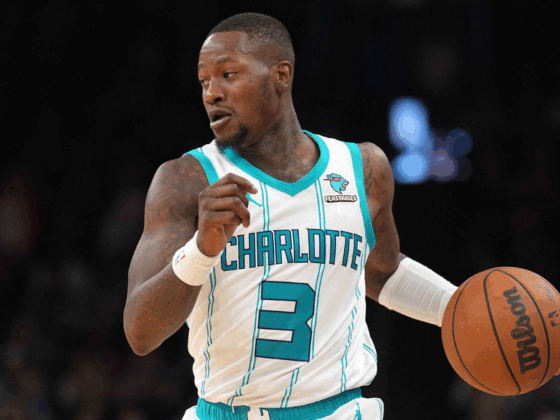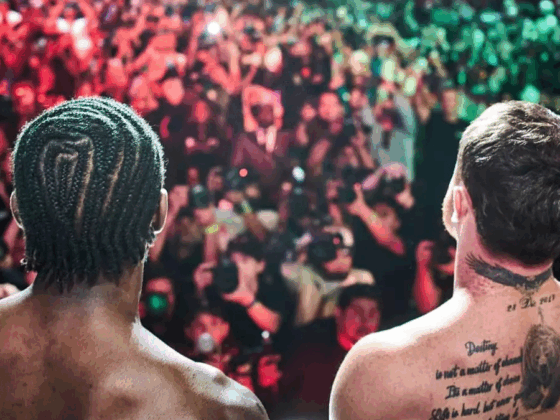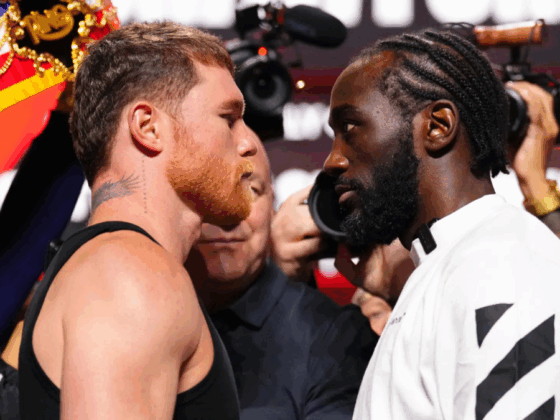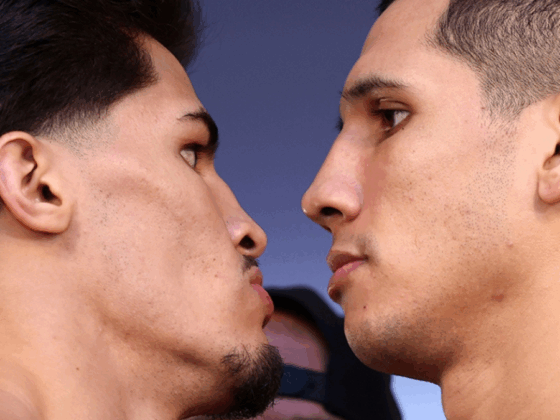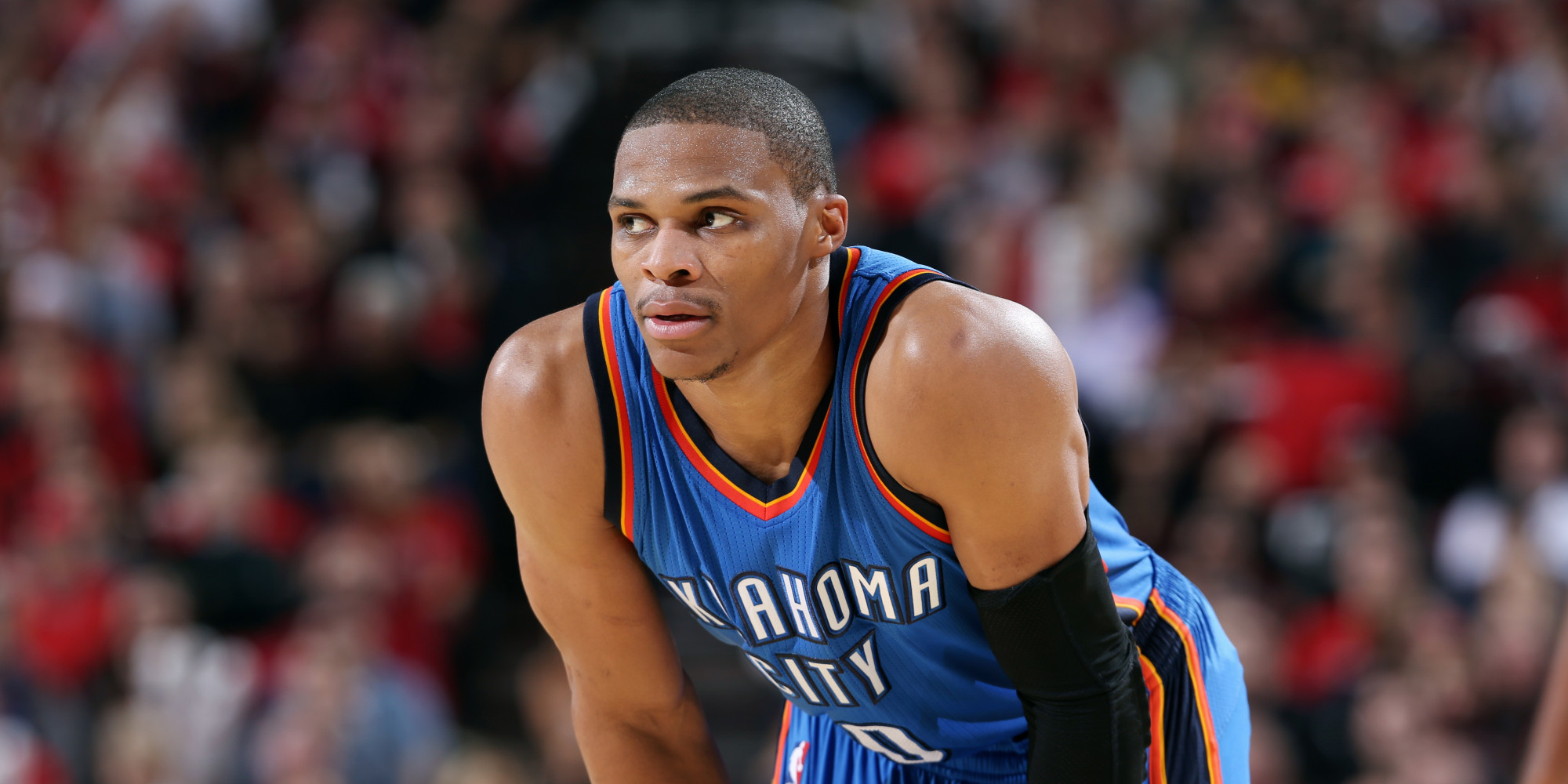
Russell Westbrook’s insane triple-double train is rolling full steam ahead as the NBA starts back up after All-Star break. While many people pegged him as an MVP candidate as soon as Kevin Durant left for Golden State, nobody expected this level of play. Westbrook is on pace with Robertson for two milestones, both of which pertain to the coveted triple-double. Russ’ current per game averages have him at 31.1 points, 10.5 rebounds, and 10.1 assists, a stat-line only “The Big O” was able to end a season with. However, there is a lot of debate as to truly how dominant Westbrook’s season has been compared to others around the league.
James Harden has flourished as the Rockets’ point guard in Mike D’Antoni’s system, leading Houston to the third seed in the Western Conference. Kevin Durant is a much more efficient scorer in his first year in Golden State, but has also become an excellent defender and rim protector. LeBron James, at age 32, is averaging a career high 8.8 assists per game with vastly improved 3-point shooting. While the Rockets, Warriors, and Cavaliers are all toward the top of their respective conferences, the Thunder reside in the 7th seed in the Western Conference. This raises a question: how great are triple-doubles if the team does not necessarily benefit from them?
The Thunder would undoubtedly be worse without Russell Westbrook. This is an undisputable fact. However, his crazy stat lines have some underlying reasons behind them. Westbrook is putting up these insane numbers while being asked to do everything for the Thunder. This sounds like an exaggeration, but he leads the team in points, rebounds, assists, and steals. Essentially, he leads the team in nearly every major statistical category. This is not all different from Robertson’s 1961-1962 Cincinnati Royals, who only finished six games over .500 despite him averaging a triple-double for the season. He led his squad in total points, rebounds, and assists while playing 44 minutes per game. So if Westbrook is doing all of this in ten fewer minutes per game than Robertson, why is the MVP race even a discussion? Based on this alone it seems like Westbrook should be the MVP no question.
The problem is that Russ is also on the short-end of some other stats that are working against his MVP case. He leads the league in missed shots and attempted shots by wide margins, numbers that will continue to grow as the season goes on. Russ ranks 101st in the league in field goal percentage, and sits at 106th in the league in effective field goal percentage (eFG), behind teammate Victor Oladipo. He is also averaging a career worst in turnovers at 5.5 per game. The poor shooting and turnovers hurt the Thunder a lot, especially considering they lack a true secondary scorer and quality outside shooting. While Westbrook is critical to Oklahoma City’s success, his inefficiencies are also detrimental to the team’s growth and ability to compete in the Western Conference.
In any other decade, Westbrook would be a runaway MVP. This could be the “analytics movement” that many basketball fans either embrace or reject wholeheartedly. The core statistics like points and assists, in a vacuum, are impressive. However, stats like true shooting percentage and effective field-goal percentage allow us to view players differently, and often times, more critically. Efficiency is becoming more important than raw stats, and Westbrook could be victim of that.
Triple-doubles make for terrific media headlines and eye-popping gifs. Although, the reality is that the value of a triple-double is being lessened by how frequently Westbrook attains them, and how relatively average the Thunder are as a team.
That historic ’61-’62 season Oscar Robertson put together resulted in a first-round exit. The “Big O” lost out on the MVP to Bill Russell, who led his Celtics to a championship that year. Russell Westbrook and the Thunder are on a similar trajectory, whether they give him the MVP or not.
